|
In 1973 Mary Rowe, while working for the President and Chancellor at MIT, coined the notion of micro-inequities, which she defined as “apparently small events which are often ephemeral and hard-to-prove, events which are covert, often unintentional, frequently unrecognized by the perpetrator, which occur wherever people are perceived to be ‘different.’ " Examples of micro-inequities include: checking emails or texting during a face-to-face conversation consistently mispronouncing a person's name interrupting a person mid-sentence making eye-contact only with males while talking to a group containing both males and females taking more questions from men than women confusing a person of a certain ethnicity with another person of the same ethnicity rolling your eyes sighing loudly raising your voice, even though the other person has no difficulties hearing you mentioning the achievements of some people at a meeting but not others whose achievements are equally relevant consistently ignoring a person's emails for no good reason only reading half of a person's email and then asking the person about the content later making jokes aimed at certain minority groups being completely unpredictable in your grading of certain people's term papers issuing invitations that are uncomfortable for certain groups (“Please feel free to bring your wife,” "There is a link below to childcare options for female speakers who plan to bring their children," “There will be a belly-dancer at the party,“ "Our annual Christmas party will be held on December 18,” "Please bring pork chops to the potluck dinner") Rowe noted that micro-inequities often had serious cumulative, harmful effects, resulting in hostile work environments and continued minority discrimination in public and private workplaces and organizations. What makes micro-inequities particularly problematic is that they consist in micro-messages that are hard to recognize for victims, bystanders and perpetrators alike. When victims of micro-inequities do recognize the micro-messages, Rowe argues, it is exceedingly hard to explain to others why these small behaviors can be a huge problem. "My partner (male) and I (female) are both Masters students in Philosophy ... [Philosophers usually] ask both of us about our research interests, but they almost always ask my partner *first*." "I [a female philosopher] noticed that the chair [of the talk] allowed each and every person who spoke to engage in dialogue with the speaker. But when I spoke ... the chair ... cut me off – I alone of all questioners was not allowed to explain my point further or engage in dialogue with the speaker." "A male colleague once told me laughingly that a bunch of male graduate students were exchanging emails about my dissertation topic, which was so 'feminine'." "After I was placed in the very last session of two consecutive conference programs, I started noticing that those very last sessions of conferences, which hardly anyone attends, and last sessions of the day, during which nobody can concentrate, are where most of the female speakers get stuck." "I’m continuously amazed how otherwise enlightened people simply don’t think of women when they think about who to invite to conferences and contribute to edited volumes." "At one of the first seminars I went to, I was the only girl. I raise an objection ... My point is completely ignored. Two minutes later, a male makes exactly the same point. The objection in his mouth is hailed as decisive." "I have been ignored, talked over, and talked down to on many occasions. When I gave an objection to a view in a philosophy seminar, just ten minutes later, the teacher credited and praised a male student for having come up with the objection. " "I was fortunate enough in this year’s job market to get an offer for a position at a university located in a town in a part of the US that I hadn’t lived in. To help me decide whehter to accept the position, I asked the head of department what it was like to live in that town, to get a feel of whether it would be somewhere that I would want to move to. He replied saying that it is a great place to live, and for reference, sent me a link to a page reporting how the area was one of the best in the country to raise children. I do not have any children, nor has it ever come up that I was planning to have any in the near future." "My child had been born the previous year and I’m visiting in with a member of my dissertation committee. Wanting to share with him a great news that I my paper was accepted to a suberp conference, I said, 'I have a wonderful news, Prof X.' Prof X interjects: 'Oh, are you pregnant again?' ” Though I don't have as much insight into the micro-inequities that take place in other disciplines or in various other workplaces, I suspect behaviors similar to those that occur in philosophy are prevalent elsewhere. It is well-known that most micro-inequities occur as a result of implicit biases that we all possess. Common reactions to the following riddle illuminate this phenomenon. "A boy and his father are terribly injured in a car accident. They are rushed into the hospital, and the father dies soon after. The little boy is in desperate need of an emergency operation, but the doctor refuses to see the boy saying, “I cannot operate on him, he is my son!” Who is the doctor?" “Consumerism” has been kicking around since Lauryn Hill emerged from a brief stint in jail for failure to pay taxes just over two months ago, and now the song it has been given the lyric video treatment. (It’s on Vimeo, which Hill probably uses because she considers it “off the grid.”) Consumerism’s running through’em like a tumor in’em [Verse 1] Education either functions as an instrument which is used to facilitate integration of the younger generation into the logic of the present system and bring about conformity or it becomes the practice of freedom, the means by which men and women deal critically and creatively with reality and discover how to participate in the transformation of their world. Paulo Freire What is the Civil Rights Act of 1964? The Jim Crow Laws stated that minorities were to be regarded as ‘Separate but Equal’ . This meant that they would be afforded all of the rights of white citizens, but were to exist separately from the general Caucasian population. The Civil Rights Act of 1964 abolished segregation, as well as prejudice with regard to employment opportunities and memberships. - See more at: http://civil.laws.com/civil-rights/civil-rights-act#sthash.2uBIr3BD.dpuf Civil Rights Act of 1964 Explained0 Google + 0
2
1
Must ReadDirect Discrimination vs. Indirect Discrimination Popular In CivilCivil Attorney
Civil Rights Act of 1964 Explained: When the Civil Rights Act of 1964 was initially enacted, the powers given to enforce the act were relatively weak; however, the authoritative abilities were later supplemented during the years following the passing of the Civil Rights Act of 1964. - See more at: http://civil.laws.com/civil-rights-act-of-1964#sthash.75rDHpqZ.dpuf When we are able to see people less than human it becomes easy to not hear them, then hurt them , and ultimately kill them and their spirit. This post first appeared on Ben Irwin's blog. Financial advisor and evangelical Christian Dave Ramsey probably wasn’t expecting this much pushback when he shared a piece contrasting the habits of the rich with those of the poor. In her response on CNN, Rachel Held Evans noted that Ramsey and Corley mistake correlation for causality when they suggest (without actually proving) that these habits are the cause of a person’s financial situation. (Did it never occur to them that it might be the other way around?) Ramsey fired back, calling the pushback “immature and ignorant.” This from a guy who just made 20 sweeping assertions about 47 million poor people in the US — all based on a survey of 361 individuals. That’s right. To come up with his 20 habits, Corley talked to just 233 wealthy people and 128 poor people. Ramsey can talk all he wants about Corley’s research passing the “common-sense smell test,” but it doesn’t pass the “research methodology 101” test. To balance the picture a bit, I wanted to take a fact-based look at 20 things the poor do on a daily basis… 1. Search for affordable housing. 2. Try to make $133 worth of food last a whole month. 3. Subsist on poor quality food. 4. Skip a meal. 5. Work longer and harder than most of us. 6. Go to bed 3 hours before their first job starts. 7. Try to avoid getting beat up by someone they love. 8. Put themselves in harm’s way, only to be kicked to the streets afterward. |
Powered by  Translate TranslateAuthorAndre's purpose is to reconnect people to their Dignity and Honor in Being Human. Archives
June 2015
Categories
All
|
- Welcome
- Welcome 2023
- Speaker Request
- Contact Us
- The Center Page
- AMH ONLINE
- AMH Home
- Services
- Media
- Our Approach
- Outline
- SPECIALS
- Newspaper
- Infographics
- Methods for Change
- Store
- Downloads: Race
- Servant Leadership
- PRESENTATIONS
- Voice Thread
- Let's Keep Talking
- library_app
- Staff Training
- 2021 Home
- DEI Challenge Badge
- More Perfect Union
- New assessment



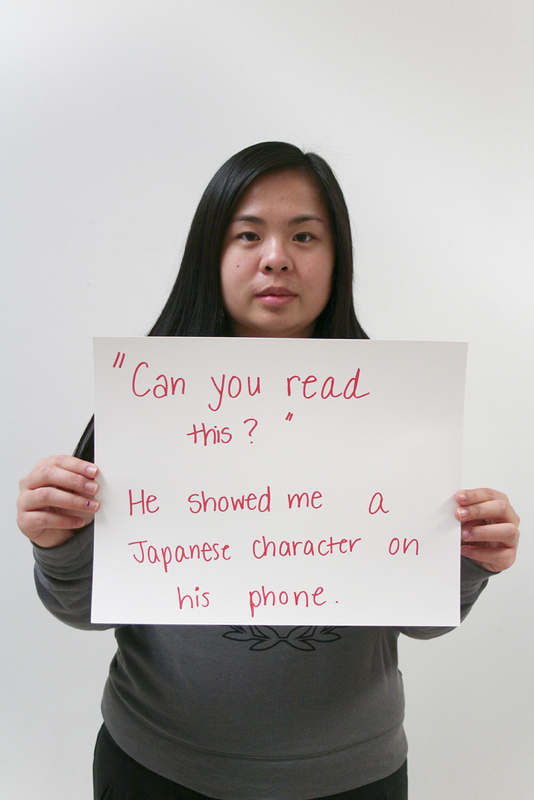
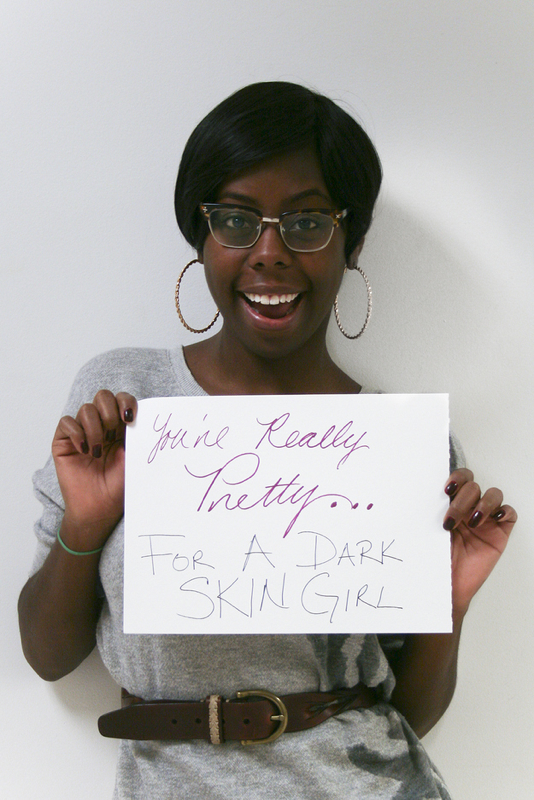
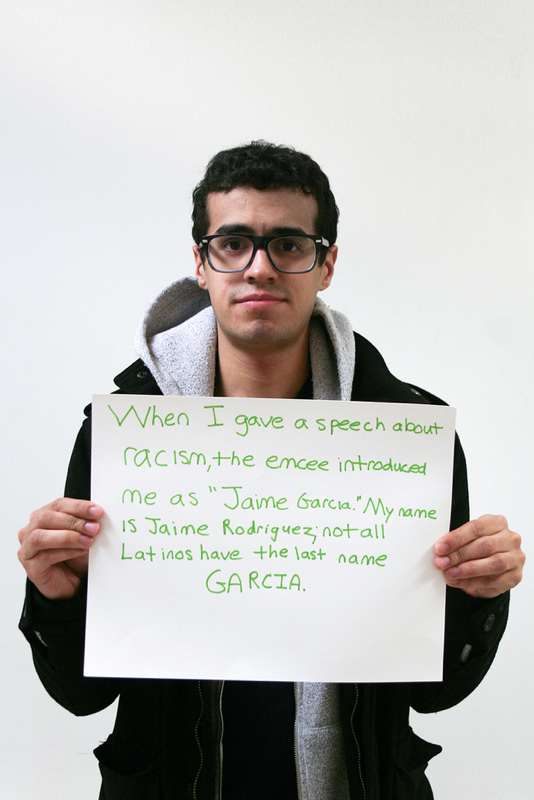
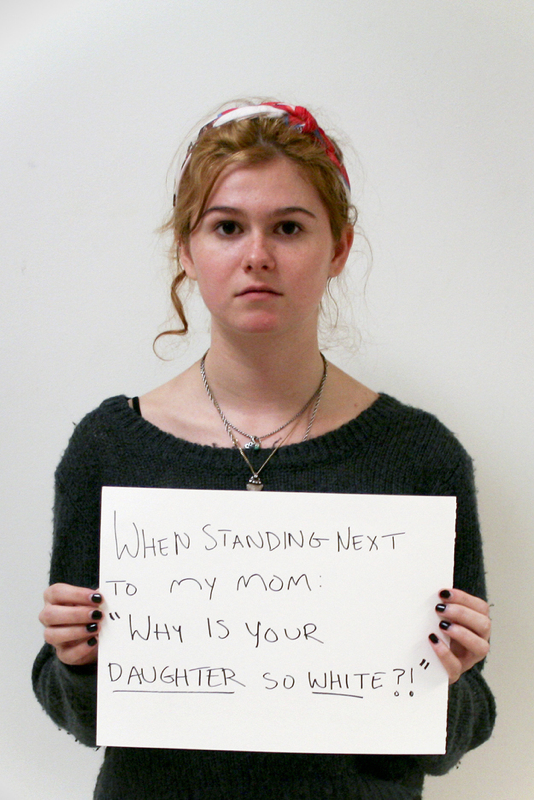
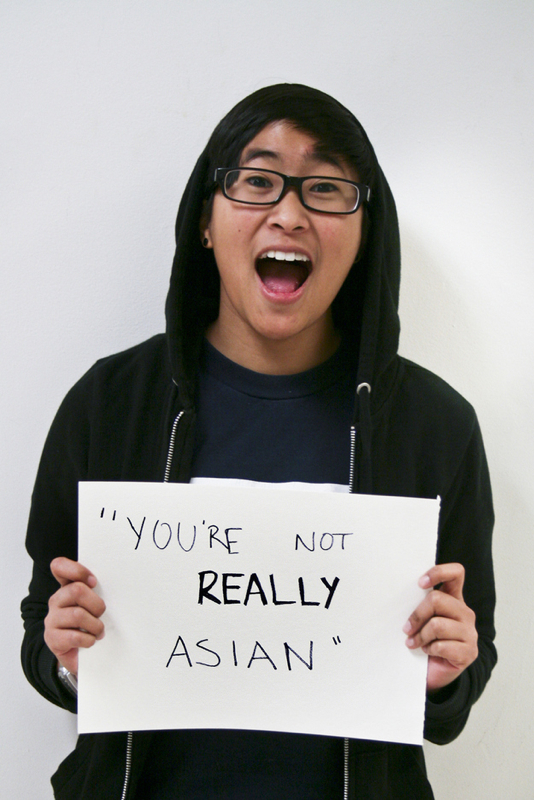
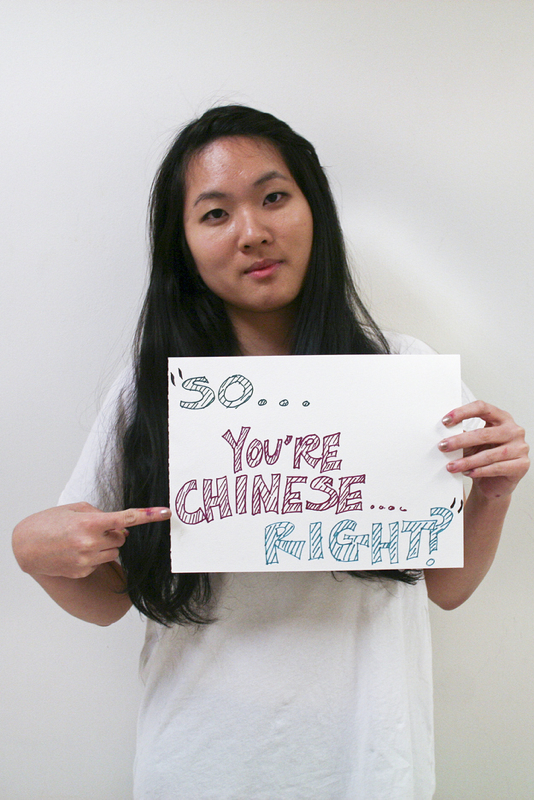
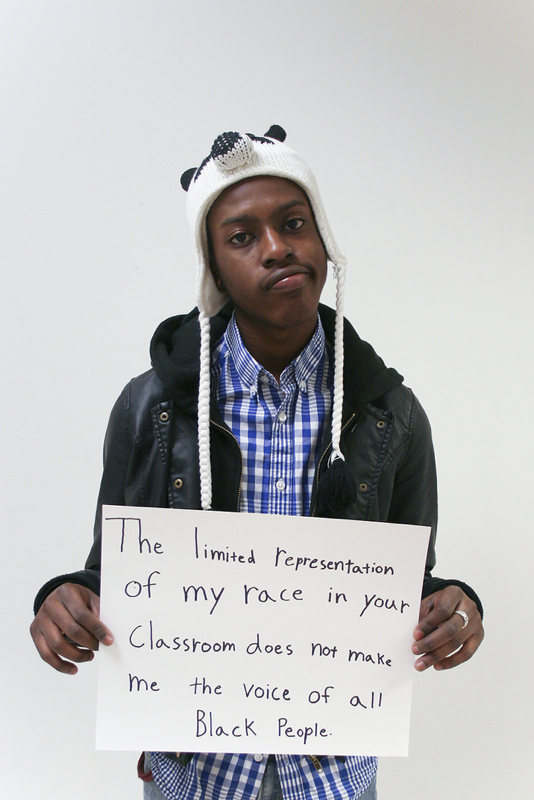
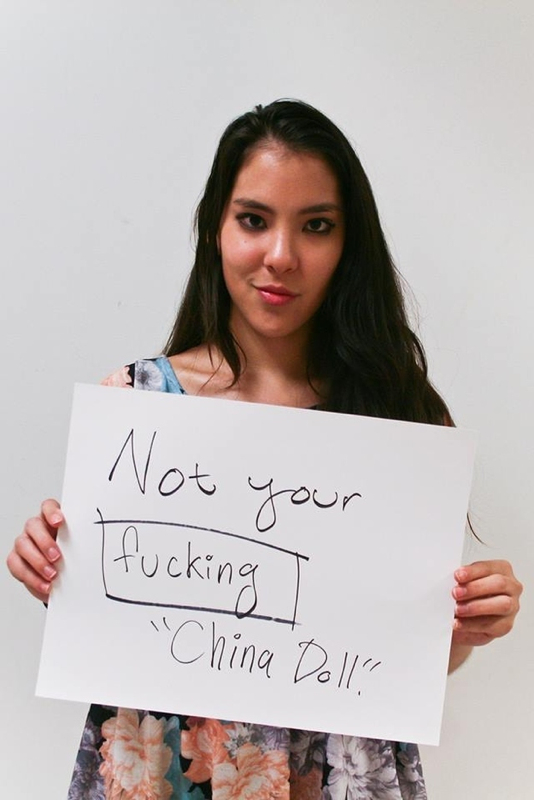
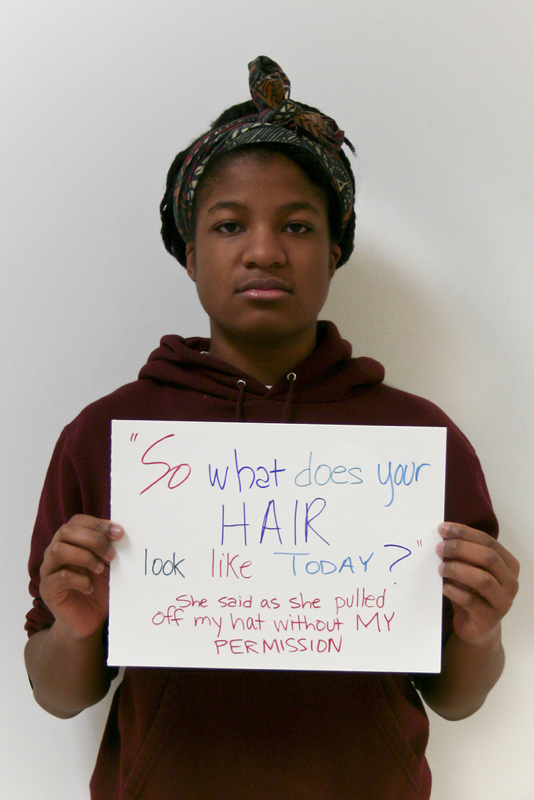
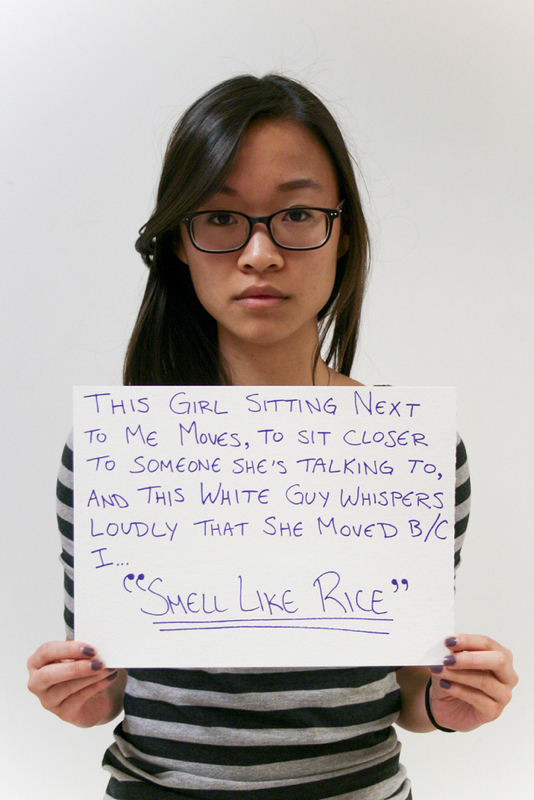
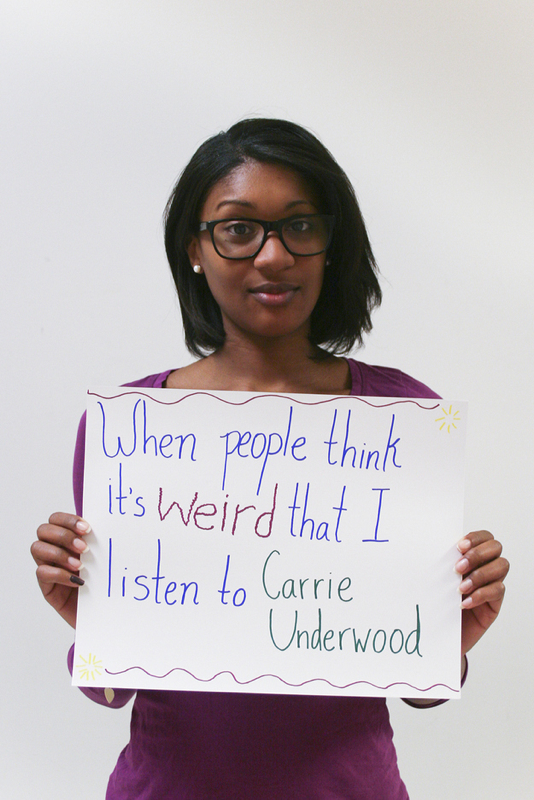
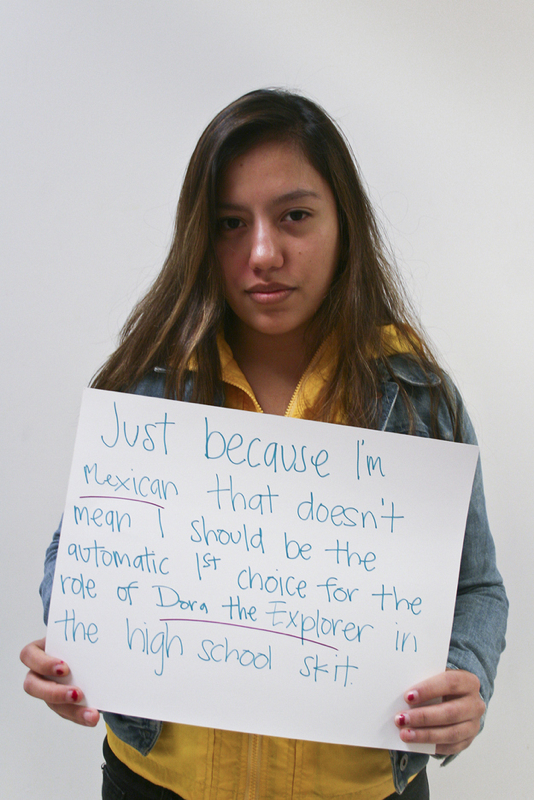
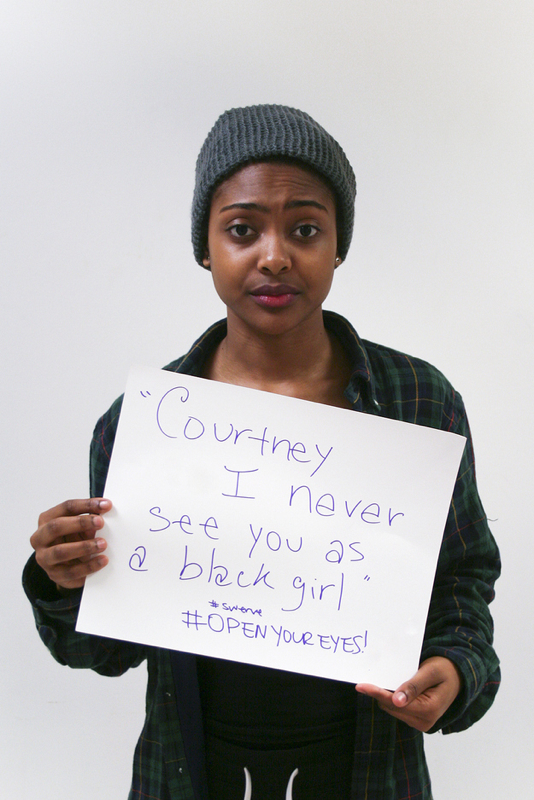
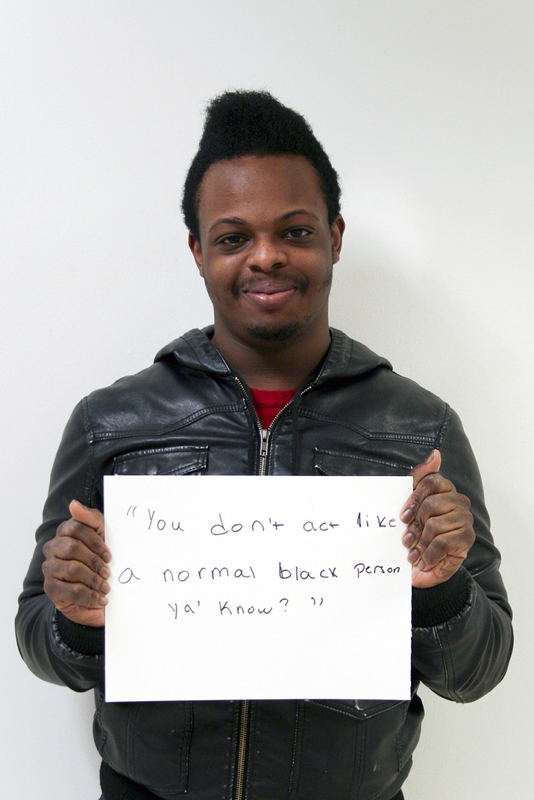
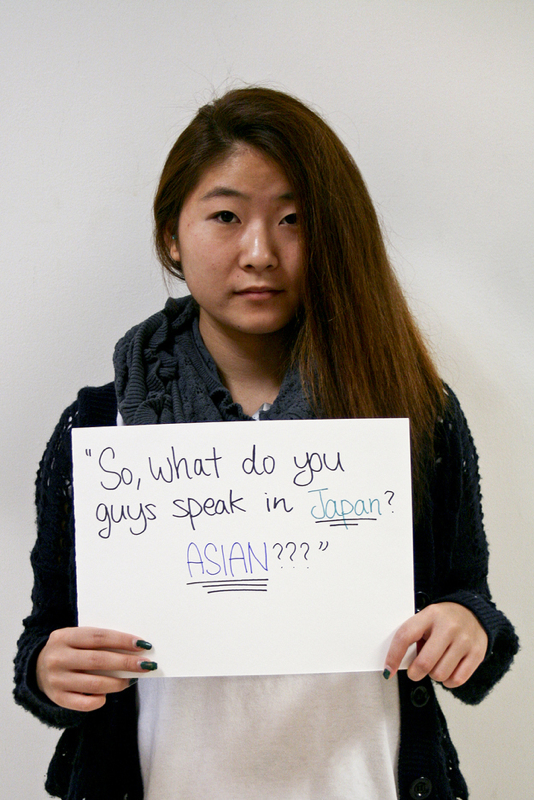
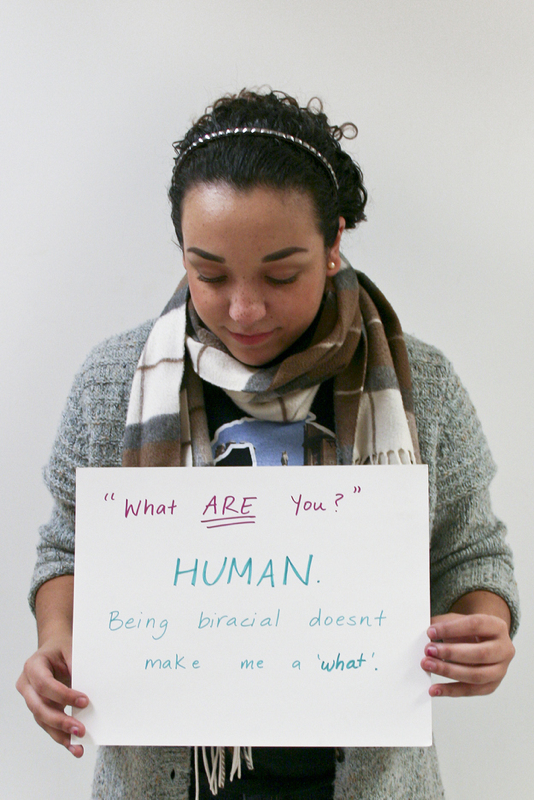
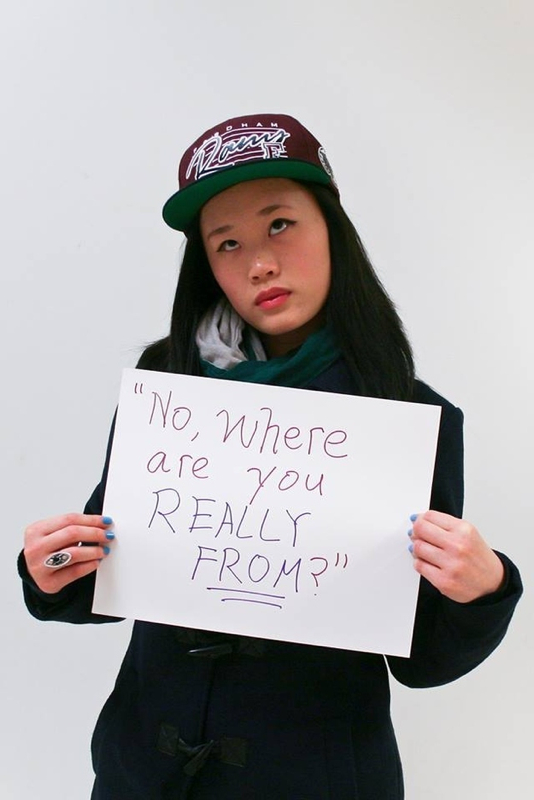
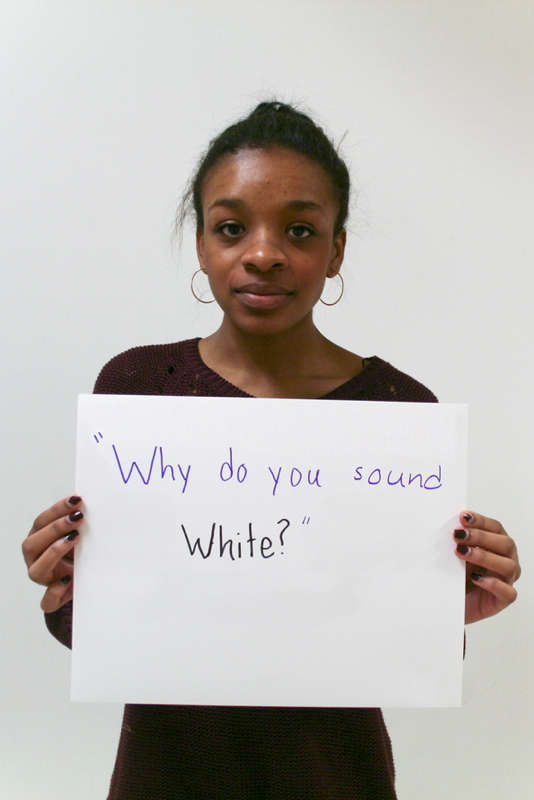
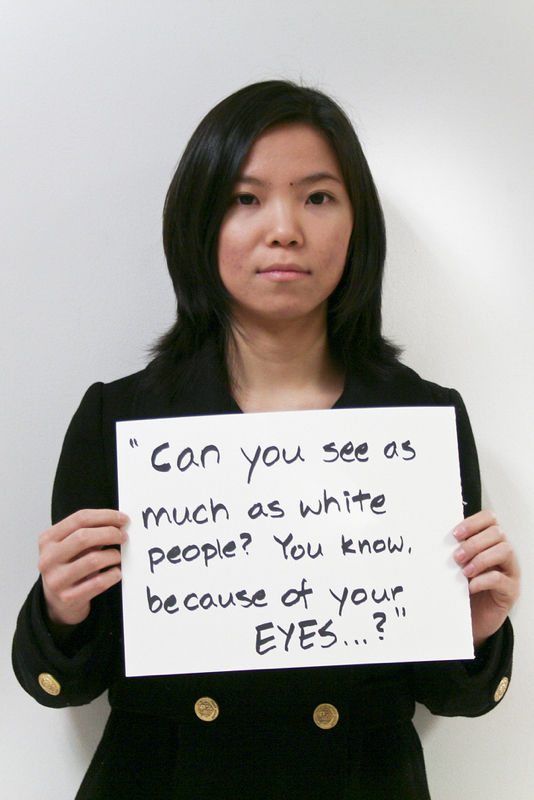

 RSS Feed
RSS Feed
